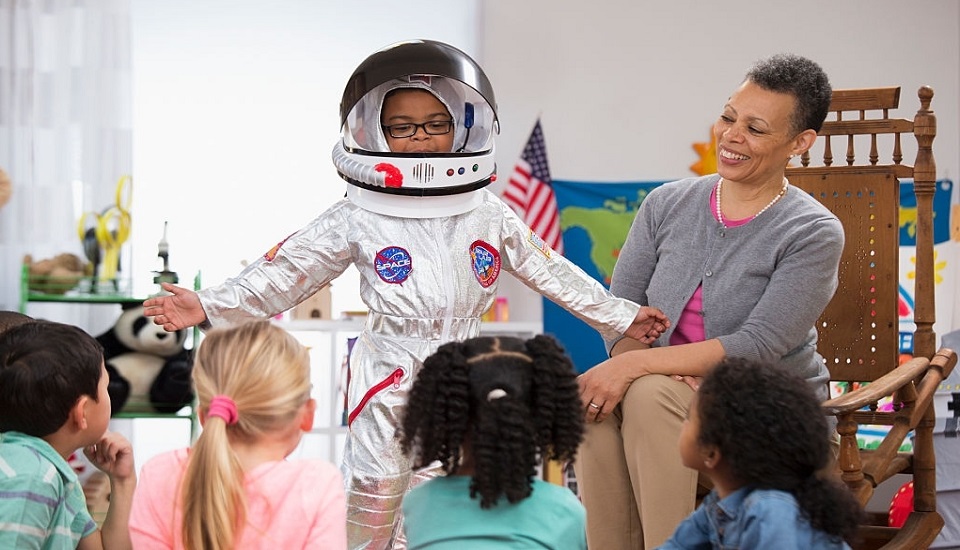“Tell me, and I'll forget. Show me, and I may not remember. Involve me, and I'll understand” – this old Native American proverb implies the significance of learning by doing, drama is one such way to help language learners get engaged in meaningful learnings. without a hint of doubt, drama is a powerful tool when it comes to language learning, as it enables us to illustrateour thoughts and feelings, ESL teachers can use drama to make learning challenging, relevant to the real-life context, and enjoyable at the same time.
The use of drama in ESL Teaching Methods can be applied to all ages. First and foremost, the atmosphere needs to be established by the teacher to secure the benefits of drama activity. Drama can be used for intrinsic interest, linguistic accessibility, paralinguistic features, and many more reasons. A clear idea as to what the teacher wants to achieve through the activities is a must-have.
Two simple ideas on how Drama can be implemented in ESL classroom –
Roleplay
In roleplay, learners play imaginary people in an imaginary situation. There are two ways you can do this, first Open-ended dialogues where you and students are free to decide how the characters are going to play out and what will be dialogues. Second, Mapped dialogues which can provide a frame for the role-play to students, telling them how characters are going to interact with each other.
Depending upon the lesson objective and age/level of ESL learners you can decide which one can work best in your situation. For instance, if you are working with adult learners, your students can write their own dialogues and present a short skit in front of the class. This way can be more involved in the task.
Improvisation
Improvisation can bring spontaneity to the ESL classroom. The teacher can provide a hypothetical situation where students are going to act out a drama activity on the spot using while using their vocabulary and language skills. This can be done in both small groups and large groups. For example, you can assign a theme along with a time limit, and from there, students can create their own dialog and create momentum for the situation themselves.
How Drama Can Create Authentic Language Learning Experience For ESL Students?
First off, Researchers have already pointed out that using drama in the learning environment as a teaching tool can help students develop their cognitive as well as social skills. it helps the teacher to bridge the gap between subject content and real-time implementation of the language. Drama activities in the ESL classroom can strengthen the bond between expression and thought in the language it can also be good listening practice for the students.
The communicative aspect of English language learning can be very well taken care of with hands-on activities like drama. Learning about vocabulary and fluency can be amplified in the classroom. drama theme can also stimulate discussion which can lead to collaboration and can also be extended to written work for going far beyond the acting out of scenes by utilizing one’s writing skills.
And lastly, drama activities when integrated as a part of the curriculum it can allow the teacher to give students an opportunity to students become more confident in their everyday use of English by experiencing the language first hand. Not to mention, drama also helps to engage participants in a much more meaningful way.
Bear in mind, language acquisition is more than just learning the language; it is about understanding the cultural implications and emotional expression of how the language is being used. This gives a fuller picture for grasping the language in a way where your ESL learners are not just able to frame sentences but they are also able to connect with the english language in the real-time context. Drama is one such way to anchor down that aspect of language in the ESL classroom.
Drama among other ESL Teaching Methods is undoubtedly an effective teaching tool. It provides an opportunity for the teacher to create an organic learning environment and thus enables students to love the learning process.
As it works as a catalyst of imagination and emotions, learners can develop their problem-solving, social as well as creative skills. For teachers willing to sharpen their 21st century ESL teaching skills, TEFL Courses in Mumbai can help educators to build their ability in understanding learners with different backgrounds and navigate variety of learners’ impactfully.
Written By : Rutuja Badade








